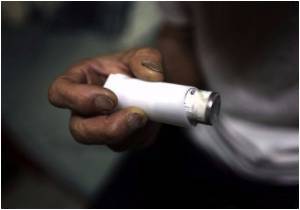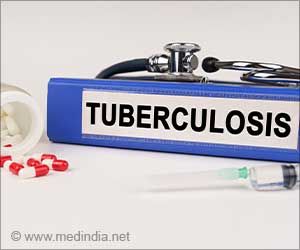
Because of that susceptibility, researchers with the Henry Ford Hospital set out to determine what role, if any, genetic ancestry plays in how well African-Americans respond to inhaled corticosteroids, which is considered the most effective class of medication for controlling asthma.
Researchers followed 147 African-American asthma patients aged 12-56 who were treated with inhaled steroids for six weeks. Their breathing function was tested before and after the six-week treatment protocol. Genetic testing was done on DNA isolated from a single blood sample.
Researchers found that improved lung function in patients after taking inhaled steroids was related to a series of baseline breathing function measures, not genetic ancestry.
“Our study found that genetic differences due to ancestry probably contributed to little, if any, difference in how African-Americans responded to inhaled corticosteroids,” says Wendy Gould, M.D., the study’s lead author and a fellow in Allergy & Immunology at Henry Ford Hospital.
“This is one of the first studies to use genetic ancestry to help clarify whether response to medication differs from race or ethnic groups,” says Keoki Williams, M.D., MPH, the study’s senior author. “Fortunately, our results suggest that this potentially life-saving asthma medication is equally beneficial across groups.”
Advertisement
The study was funded by the National Institutes of Health, National Institute of Allergy and Infectious Diseases, National Heart, Lung and Blood Institute, American Asthma Foundation and Henry Ford Hospital.
Advertisement
Source-Medindia













